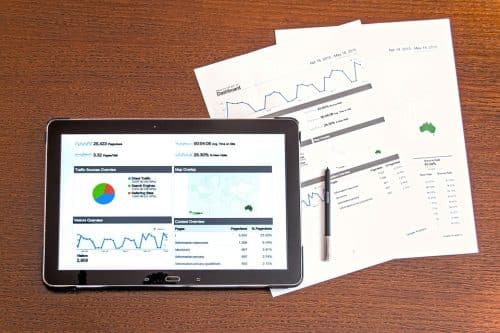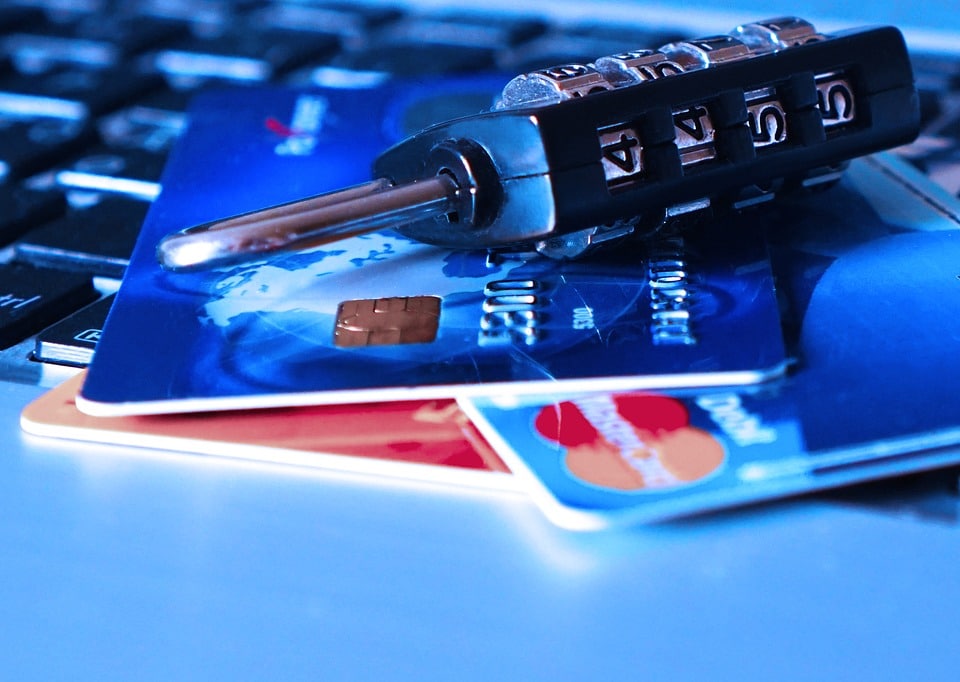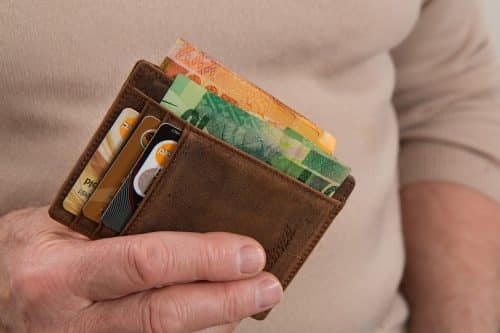As a consumer, the most beneficial aspect of modern banking is the ability to have your money with you at all times. This easy access to your money will save you from having to go to the bank every time one of your accounts is depleted and you need to make a transfer, understand more about the fintech.
As a bank, there is a growing demand from banks and financial institutions to implement this digital method of banking. Consumers want their money anytime and anywhere they can access it.

Offering your customers the tools and software that allow them to bank from their phone is the latest trend in the financial industry. However, instituting this change at your company can be difficult, as most companies do not have a dedicated development team.
Outsourcing your work to a company that specializes in financial services software development will make this transition simple and exciting.
Companies such as intellias that specialize in the development of fintech are ready to help move your business into the digital world.
What is FinTech?
Before you begin your search for a quality, dedicated technology development team, you should know what is fintech and how it could benefit you. Financial technology is any software or device that is designed to assist in the business side of finance.
This includes banking software, physical tools that assist tellers and customers, and mobile apps that allow customers to transfer their money between accounts.
As the demand for a more digital banking experience grows, software development teams are beginning to focus on new technologies and programs.
The implementation of the Internet of Things (IoT) allows designers to use the latest in networking technology.
By connecting an entire company through a digital network, fintech it is being improved and advanced to promote greater productivity.
Benefits of the new software
Banks are not the only ones benefiting from this new technology. When the bank receives a refresh of the programs, customers will have a better banking experience.
fintech works to develop a more efficient and productive industry by addressing problems in finance and offering advanced methods to make banking simple.
Read More: Young people and people with more income are opting for digital banks
One of the biggest benefits that customers experience with the services of fintech it's the ability to control your money from your phones.
Banking apps are almost necessary for a bank to survive in the modern world, and without a dedicated app, customers are likely to turn to a different service.
With these apps and services comes the need for increased security that many tech companies are starting to focus on with their products.




